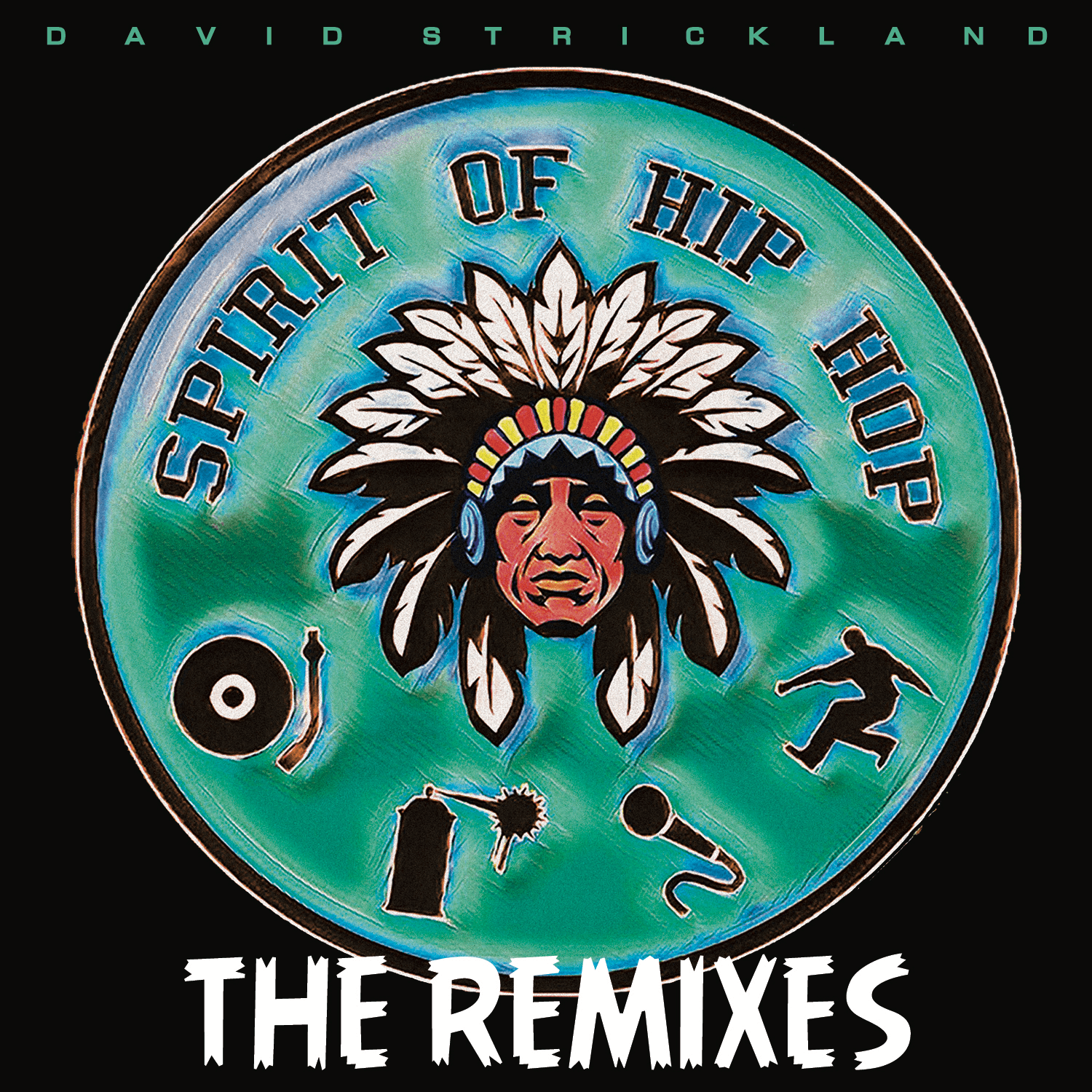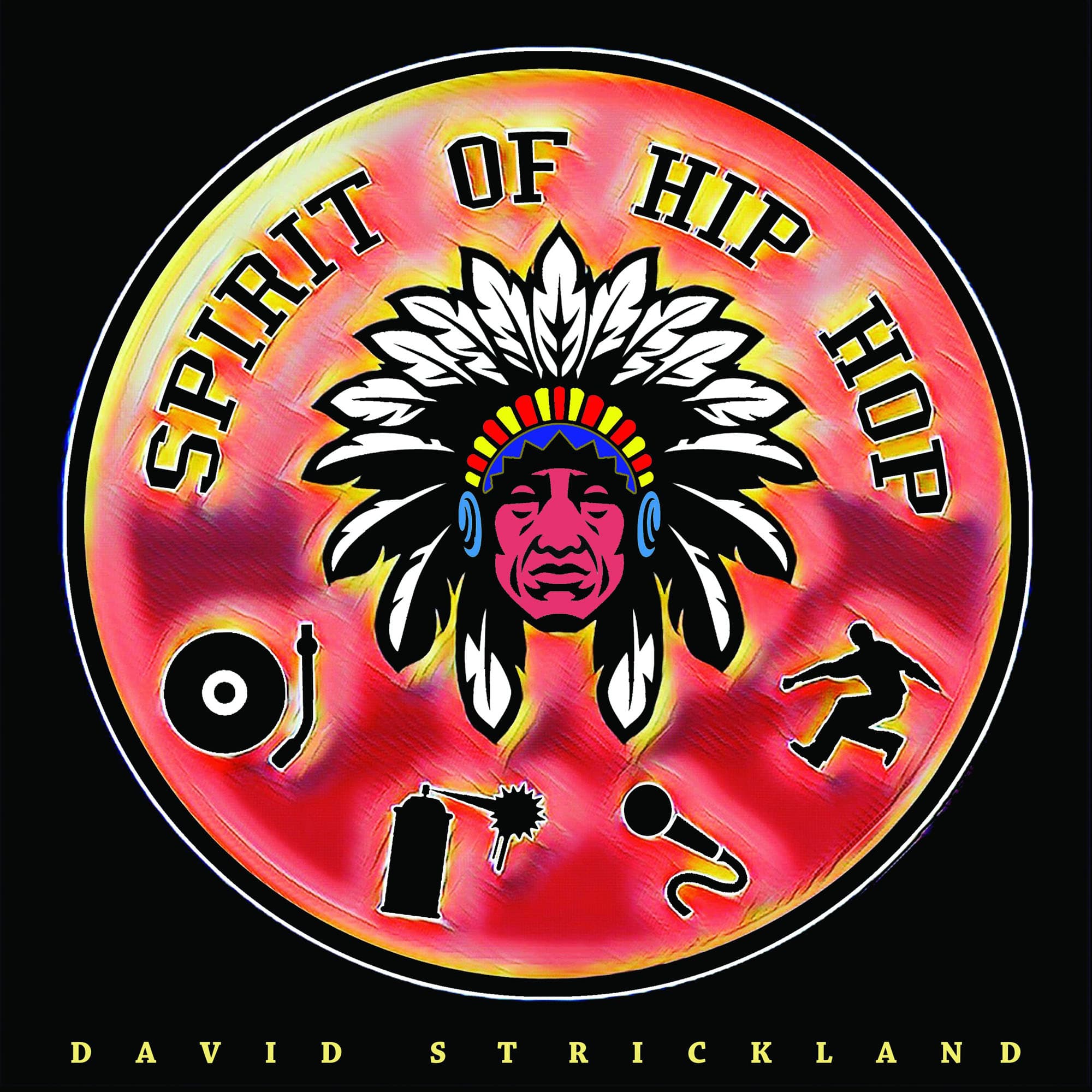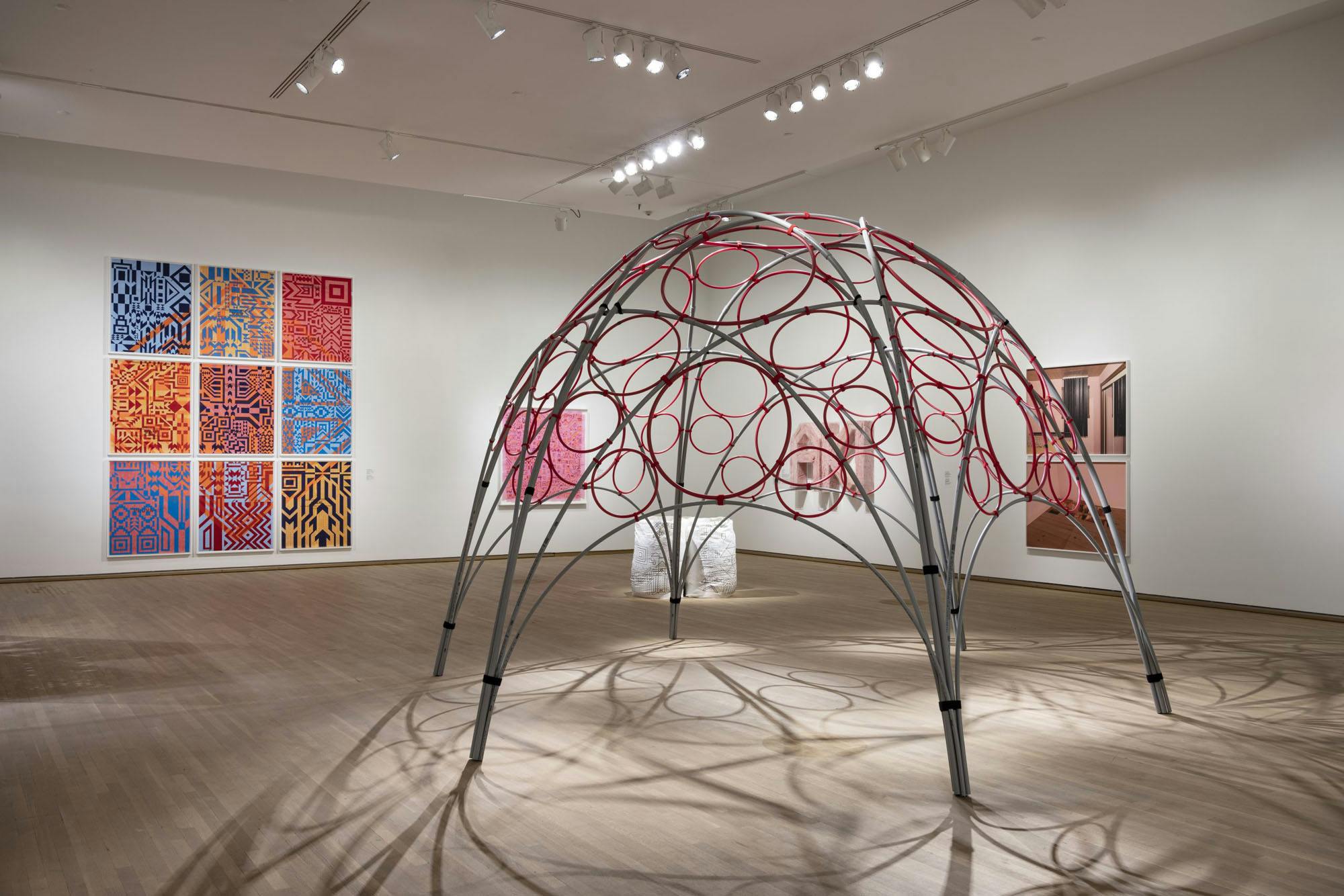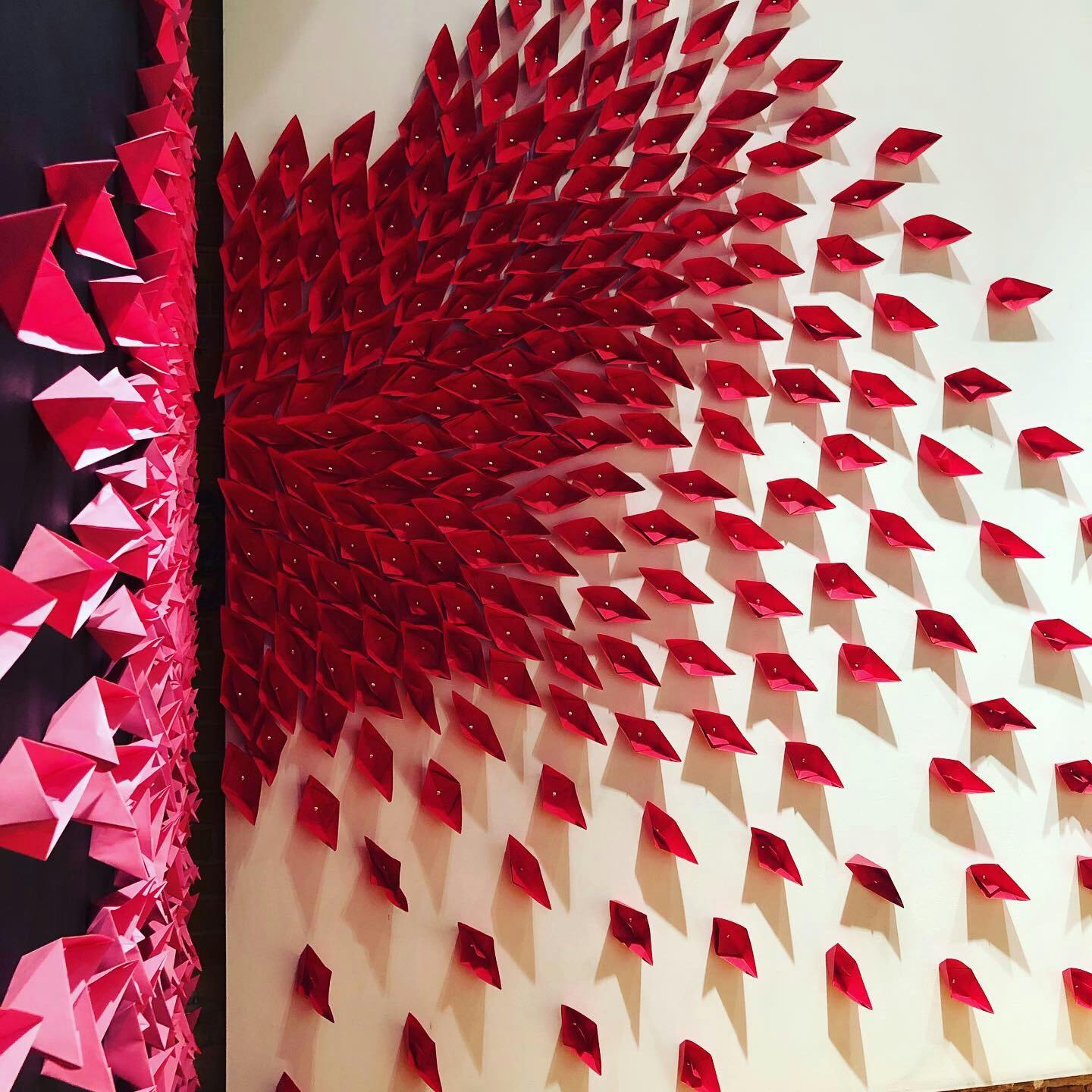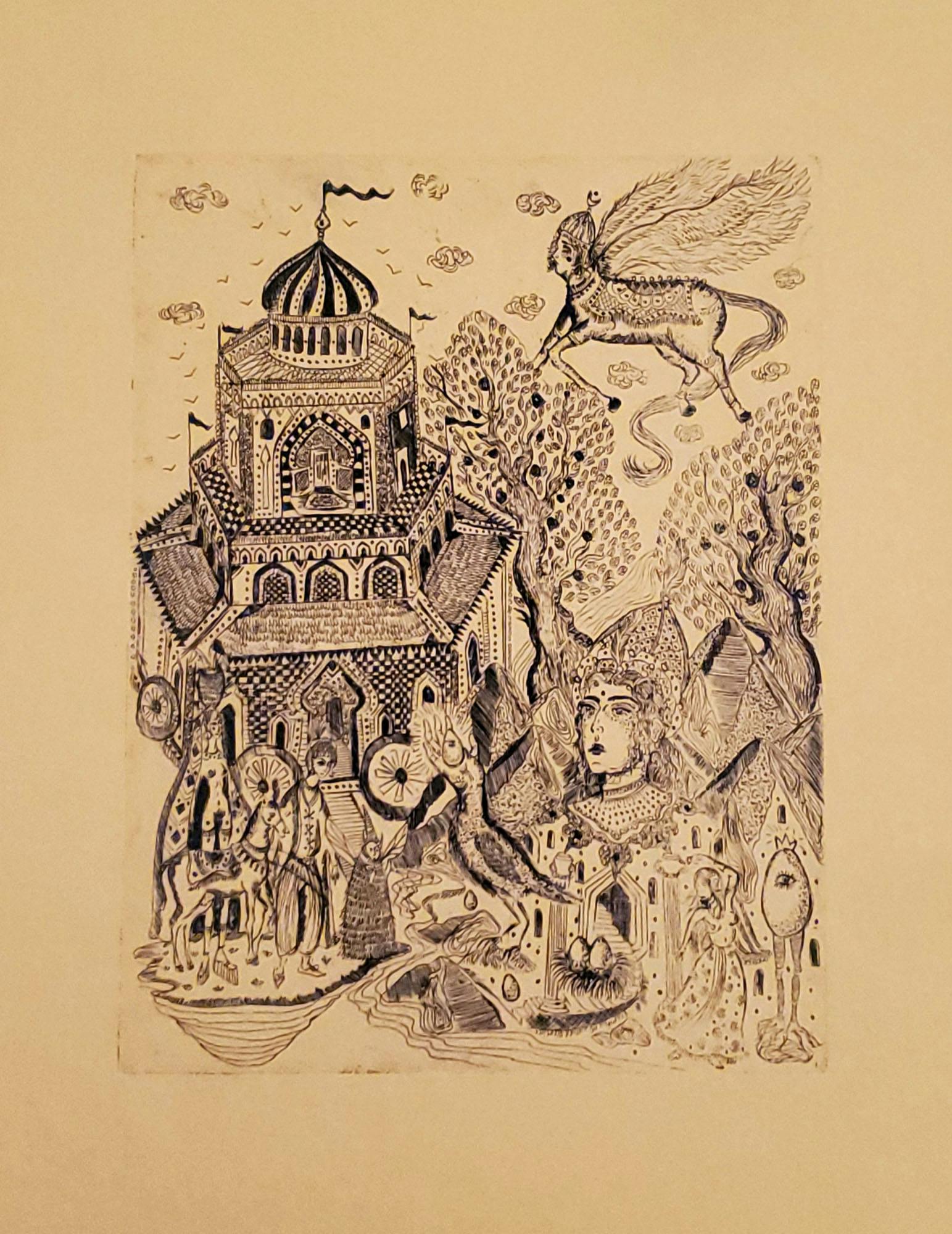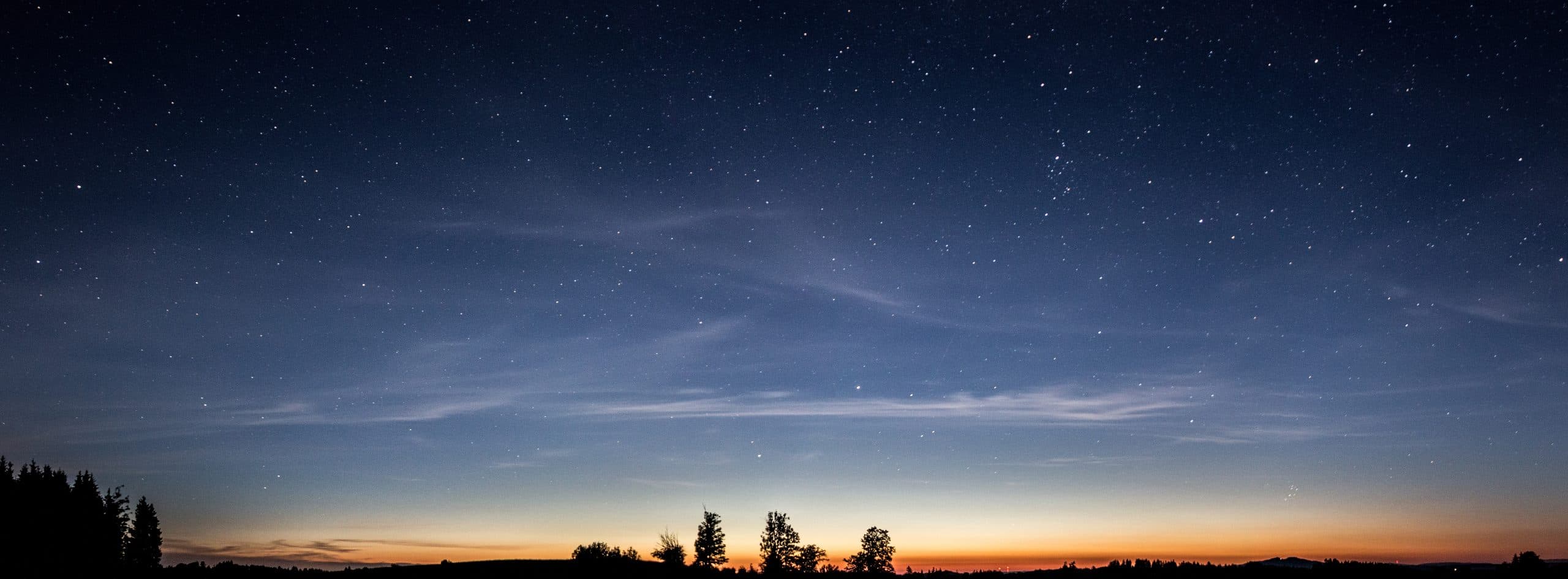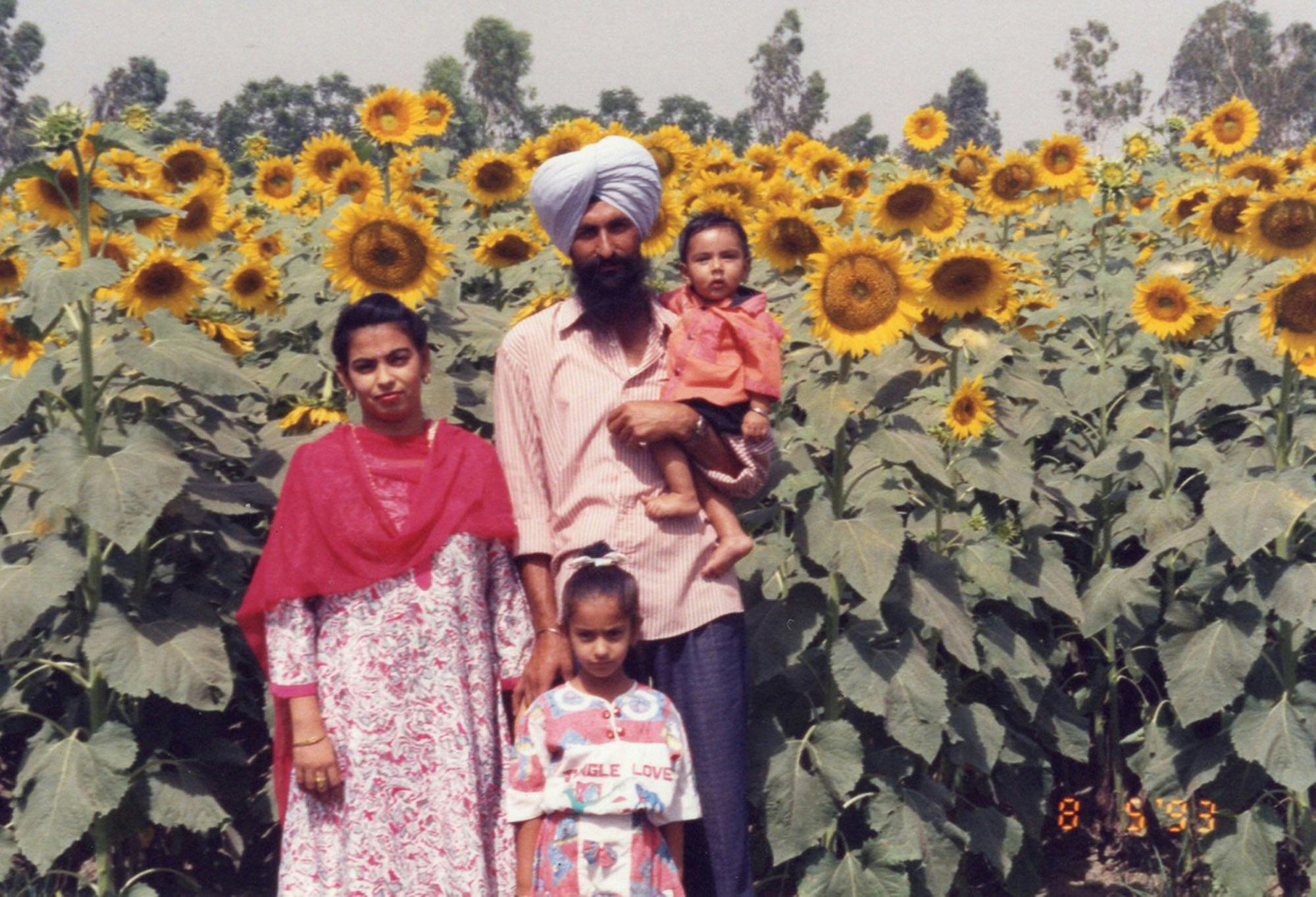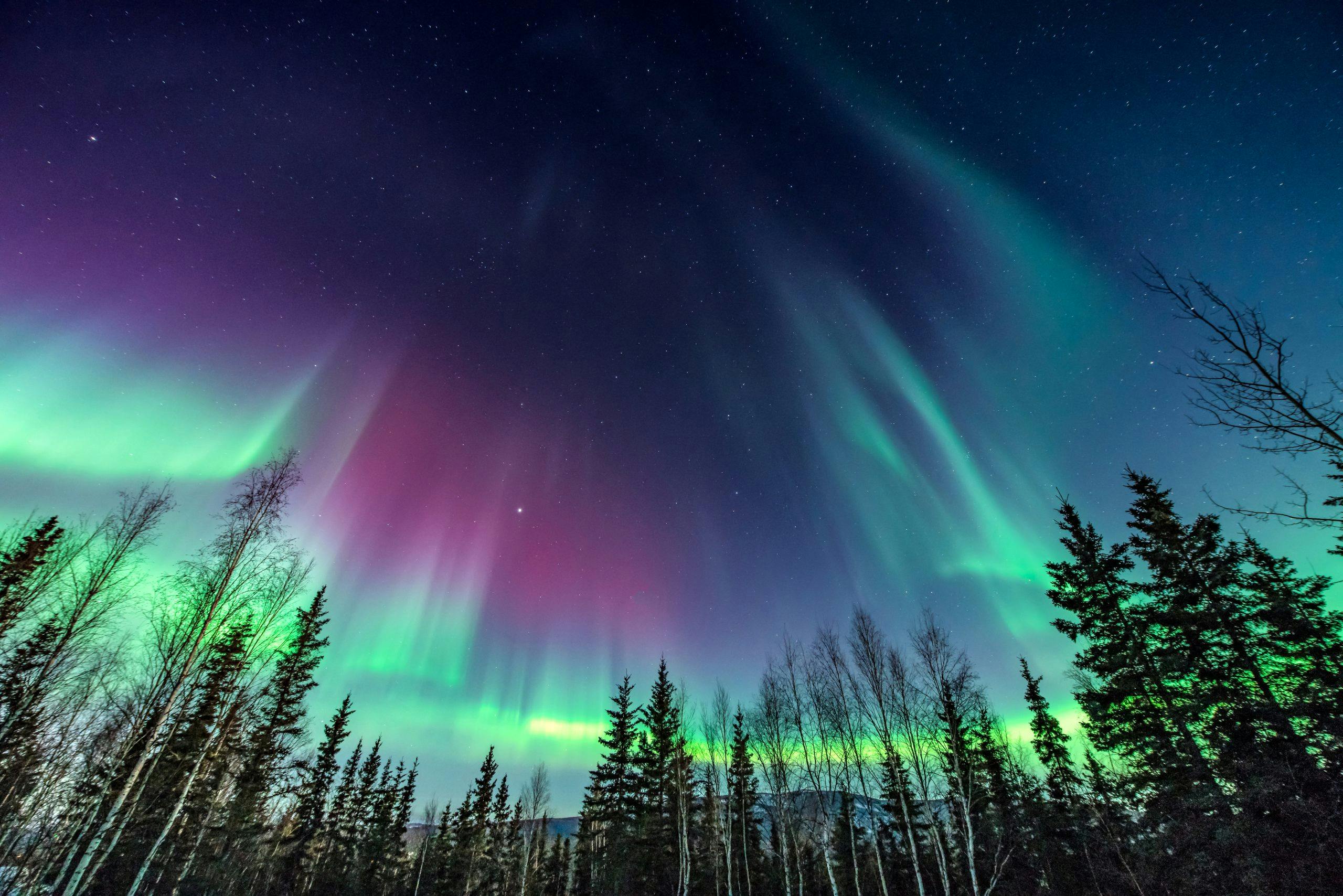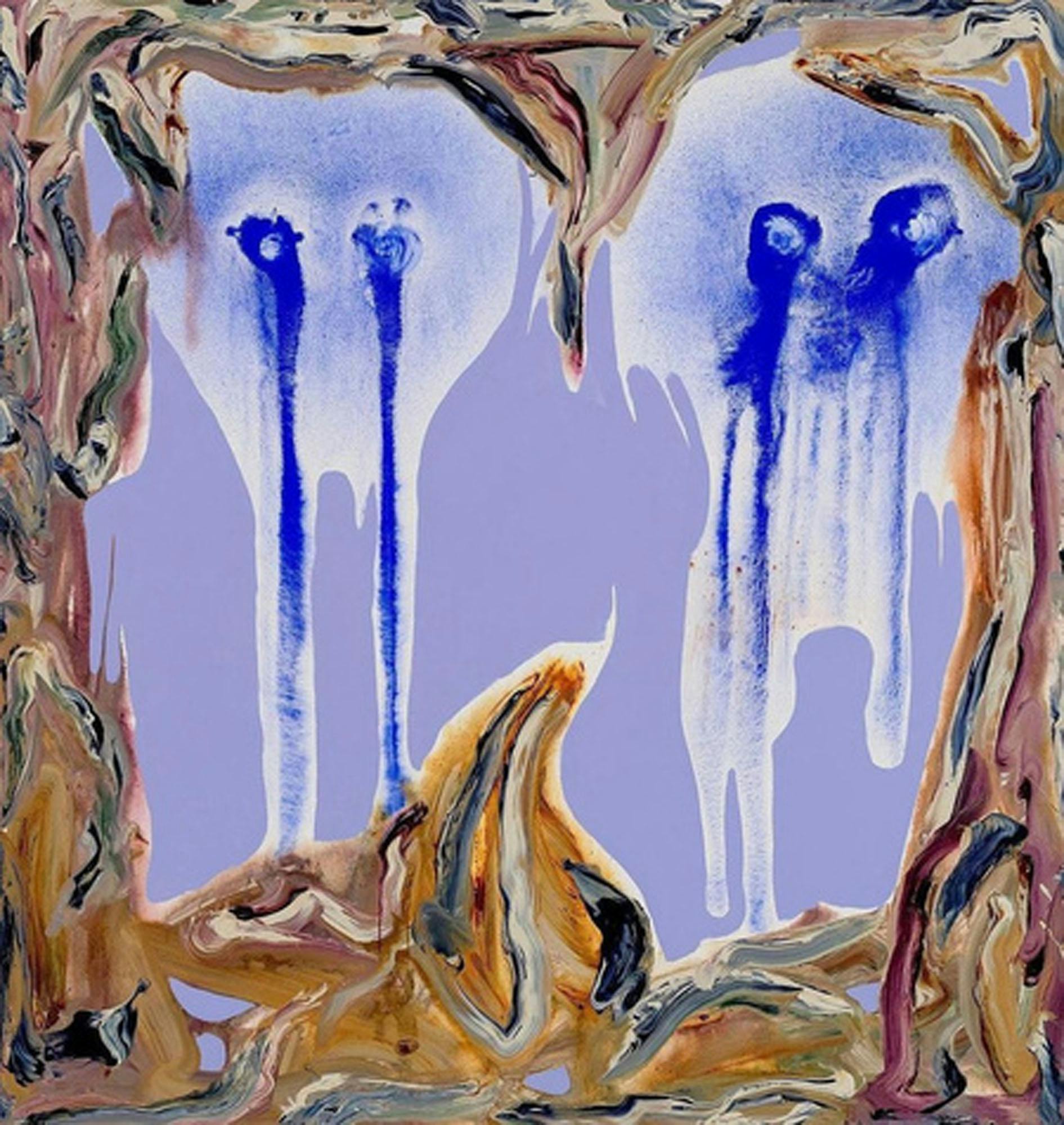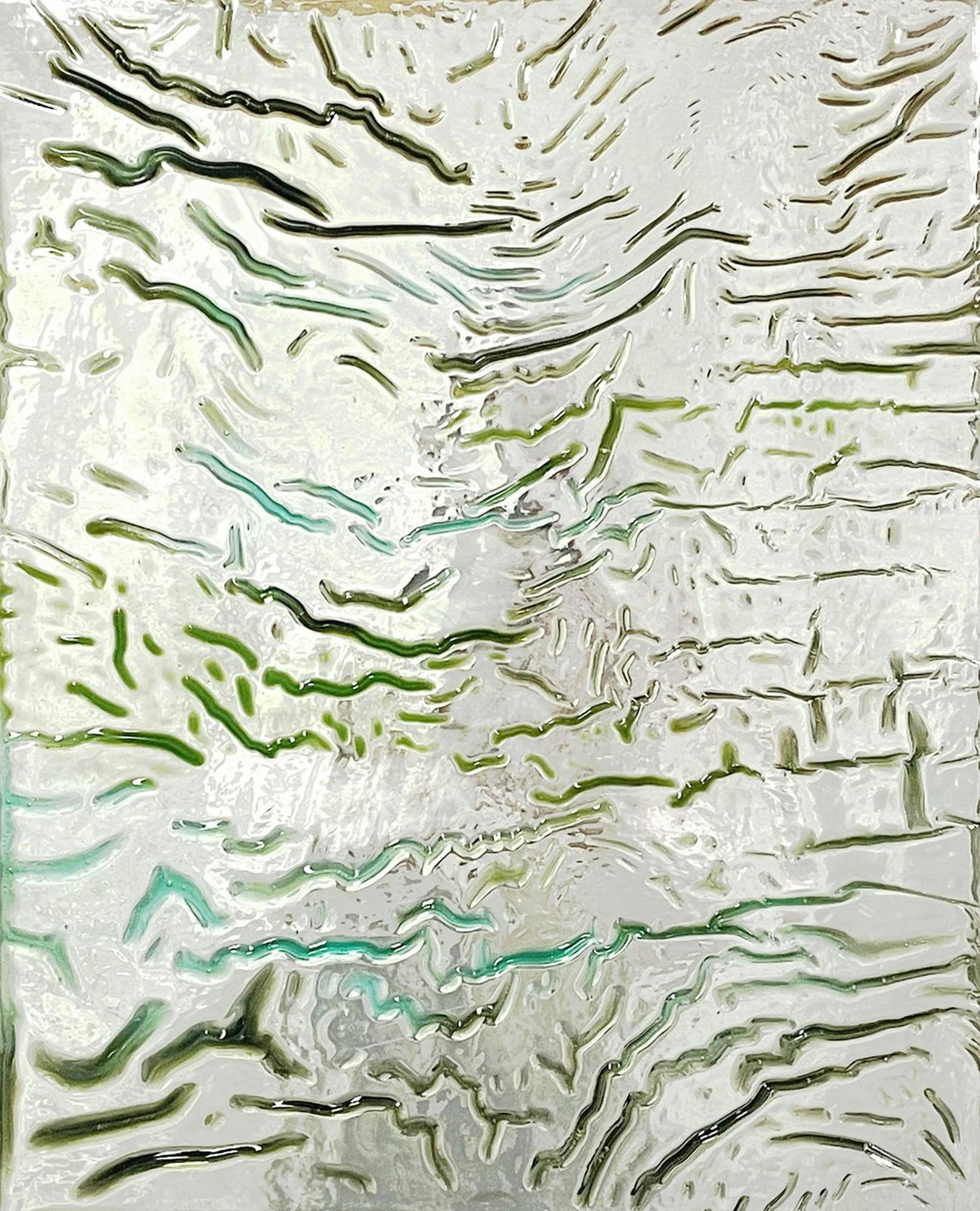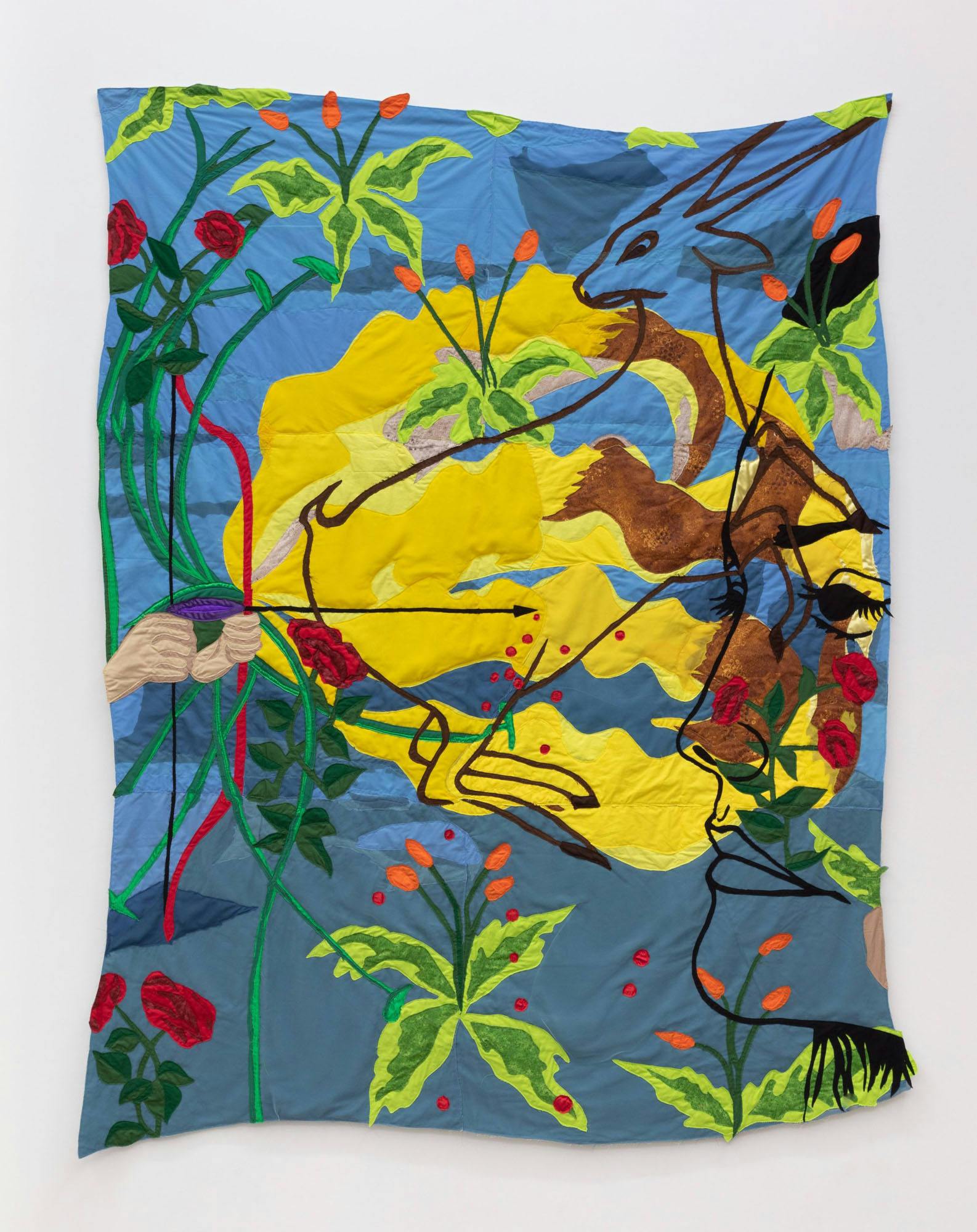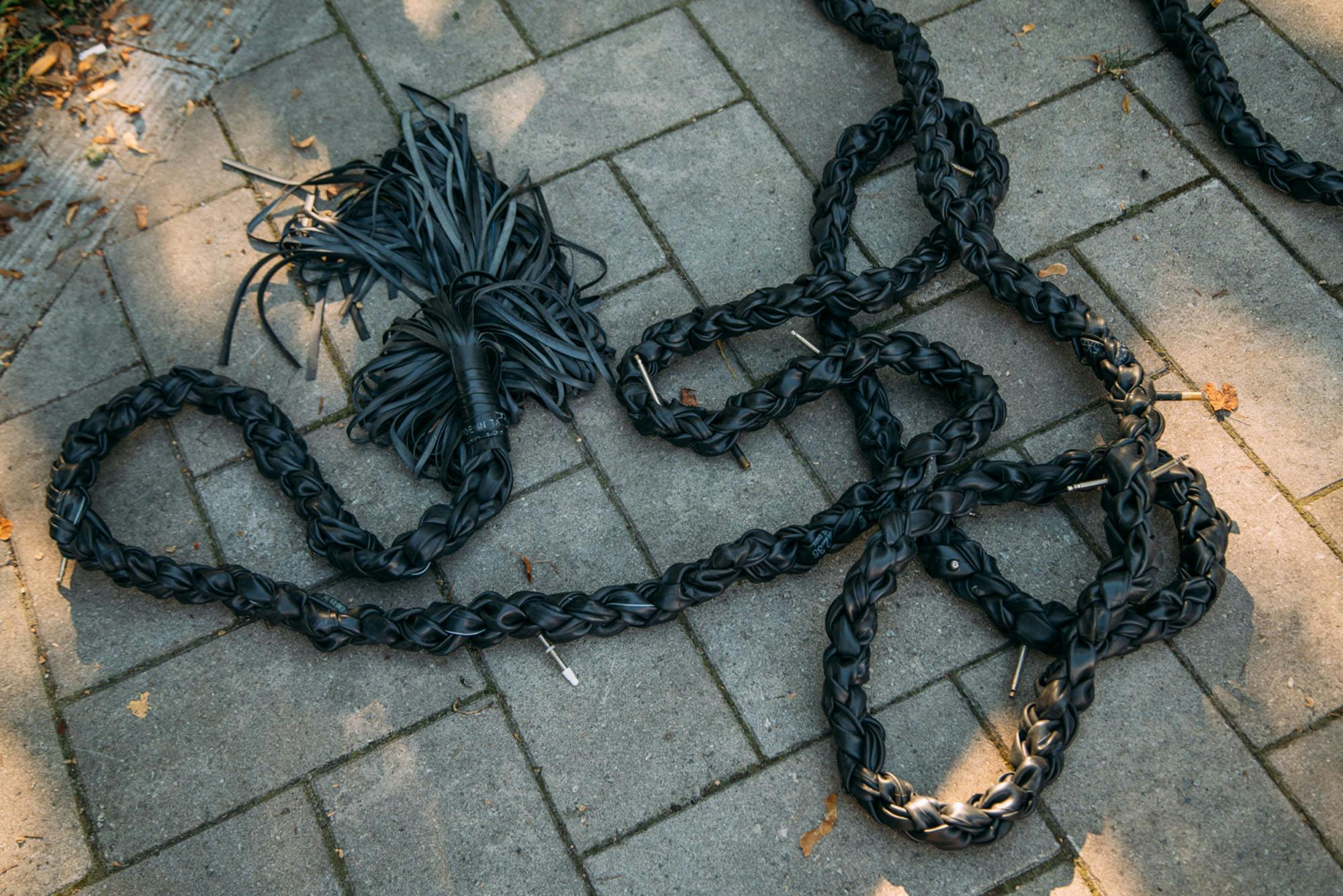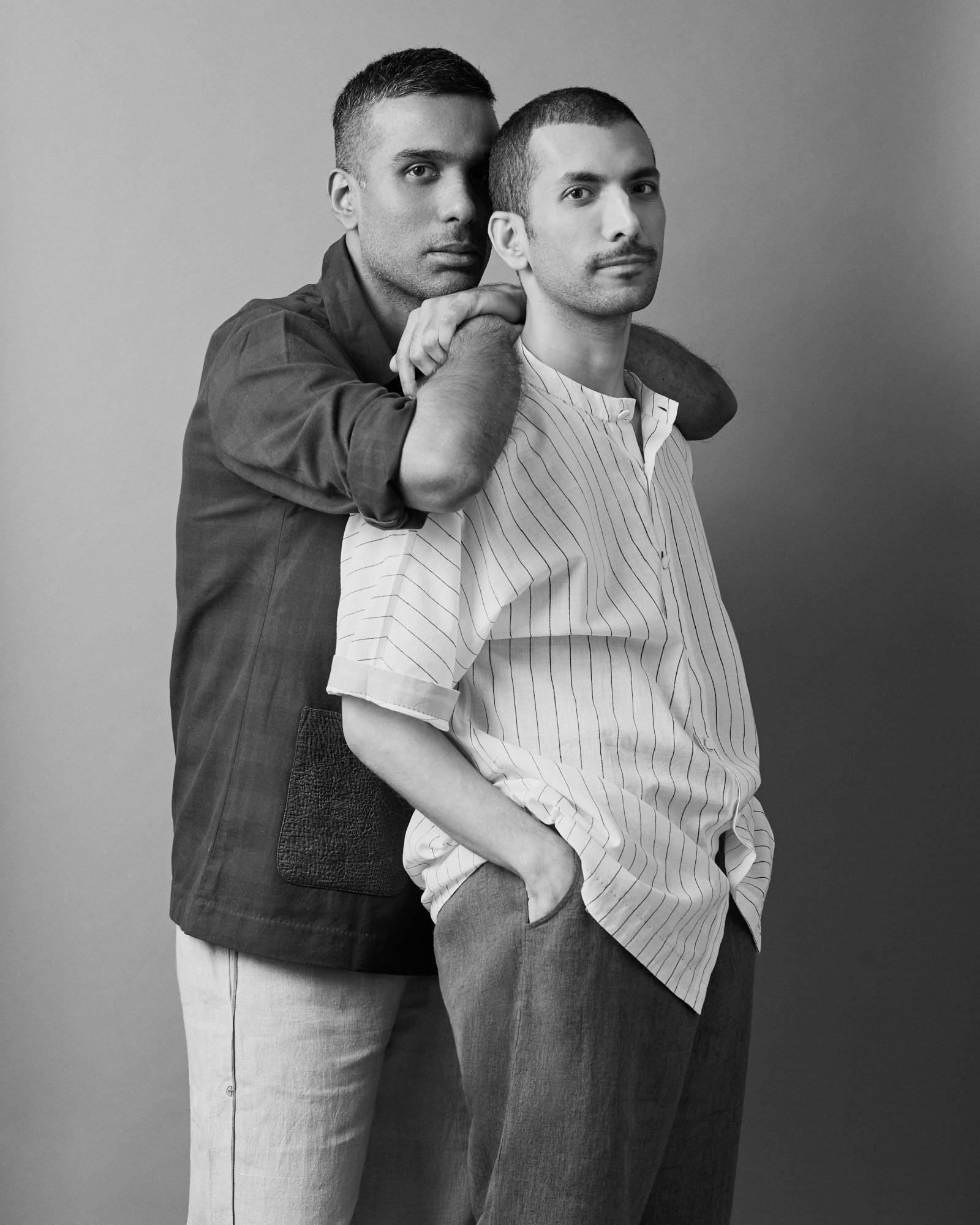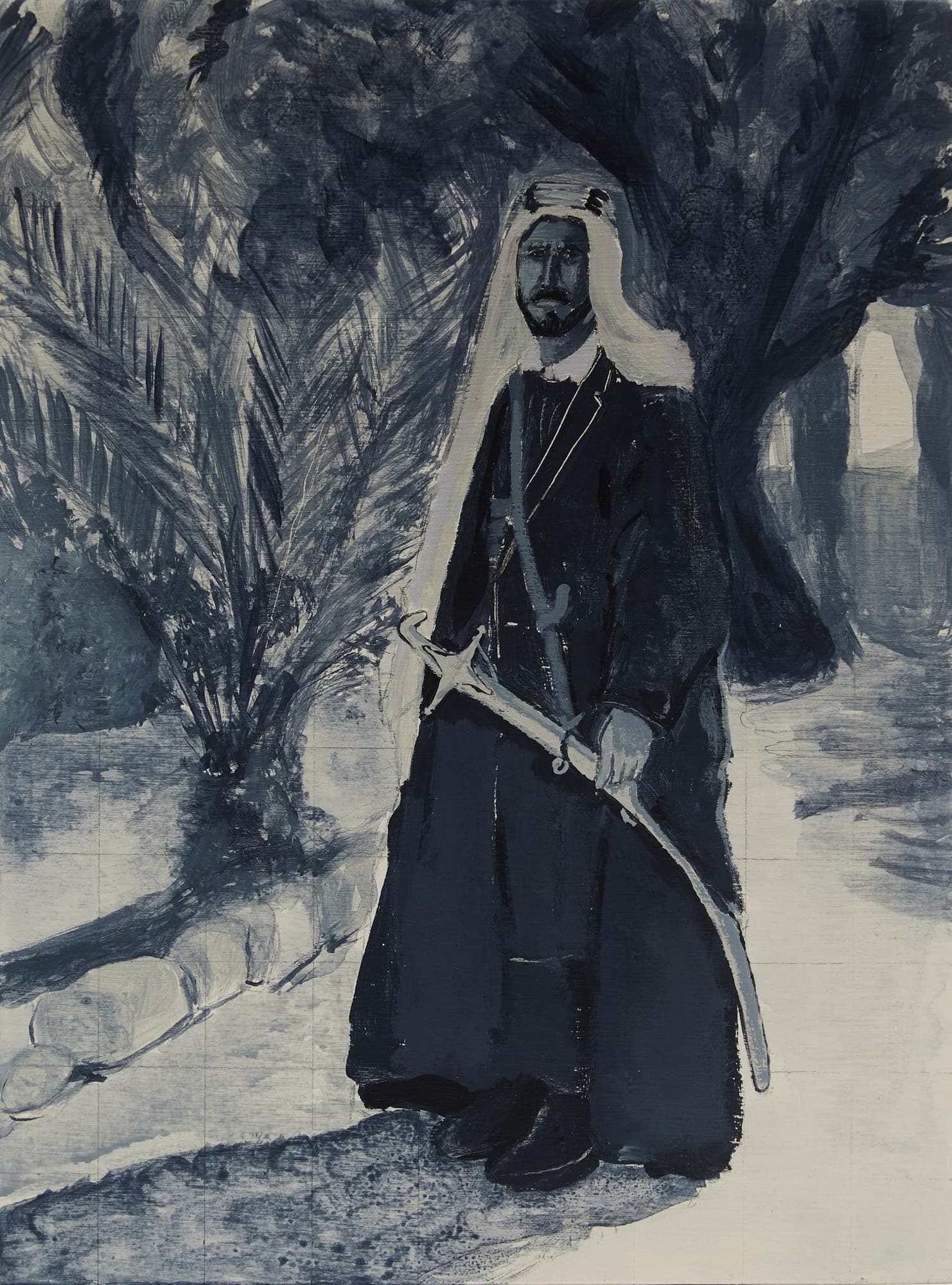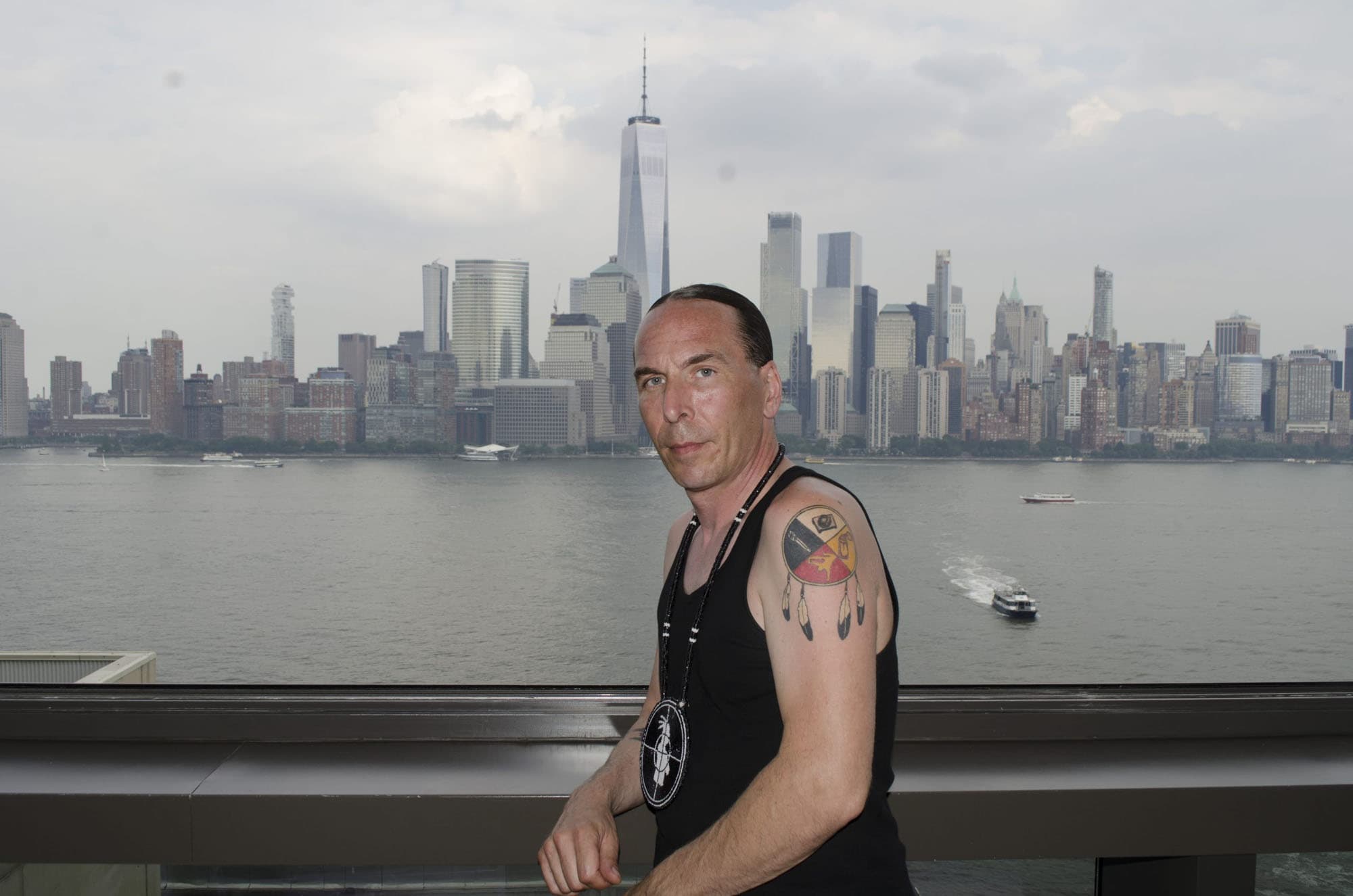
As a child, my first dream was to become a professional hockey player in the NHL.
Then Hip-Hop entered my life, and my whole life changed.
Feeling a connection to my Indigenous roots came later; then my whole life changed again.
What led me to my heritage and to Hip-Hop were vastly different, yet intertwined. I could feel a connection between the two. These two things are part of me, but I could never find a way to articulate what the connection was.
It was the renowned Indigenous Hip-Hop photographer, Brother Ernie Paniccioli, who explained the link. The DJ is the drummer, the b-boy is the grass dancer, the emcee is the storyteller, and the graffiti artist is the sand painter.
For me, this information was both deep and simple.
My need to connect to my culture was explored through hip-hop.
Musically, Indigenous music and hip-hop are similar in terms of being highly rhythmic, dance oriented, vehicles for storytelling, and also connected to art.
It is linked to two oppressed and marginalized groups, both linked to exploitation: Indigenous people of Turtle Island subjected to loss of home on their own lands, and the descendants of kidnapped Africans subjected to slavery.
People who created their music and sang their songs to the drum. People who expressed themselves and told their stories through dance. People who understood themselves and their ancestors by their oral histories. People who weaved their teachings and history by their art.
Two groups who would often lose their mother tongues, through colonialism. I believe that the language you speak informs your expression of self, how you see the world and, ultimately, how your place in it. When you are forced to forget your original language and given the language of the people who fail to recognize your humanity, how you express your sense of self is skewed. You are communicating at a disadvantage.
But only in the beginning. A lot was taken from us, but we still know who we are, and we will tell you.
Traditional Indigenous music is sung in the original language. Even when non-traditional instruments have been absorbed into traditional music, it is still an expression of the culture and the connections to our ancestors.
Hip-Hop took the rhyming schemes of English and subverted them, bringing local slang and colloquial language to the forefront, thus creating a language of its own and a way to connect with peers within the confines of mainstream culture.
What makes each type of music distinct and unique from the other is that Hip-Hop is new, modern, and uses tech; turntables, mixers, are now very mainstream with a wider reach to different populations, while Indigenous music is in our various languages and the arrangements are different. Indigenous culture has the music of this land, while hip-hop is the music of those who are now from this land too.
The sentiment in any genre of music is a collaboration with its origins and the origins of the artist. The vehicle may be different, but Hip-Hop is about speaking truths and owning who you are. When I am making Hip-Hop, the wisdom, the spirit of my ancestors, and love for my culture, echoes through.
We can use our voice through Hip-Hop if we choose; to share our stories with all communities and in turn they can share theirs with us. We can use technology to further connect with people all over the world.
Colonialism and its effects should never be downplayed or sugar-coated.
But we are still here.
Our message is still here.
